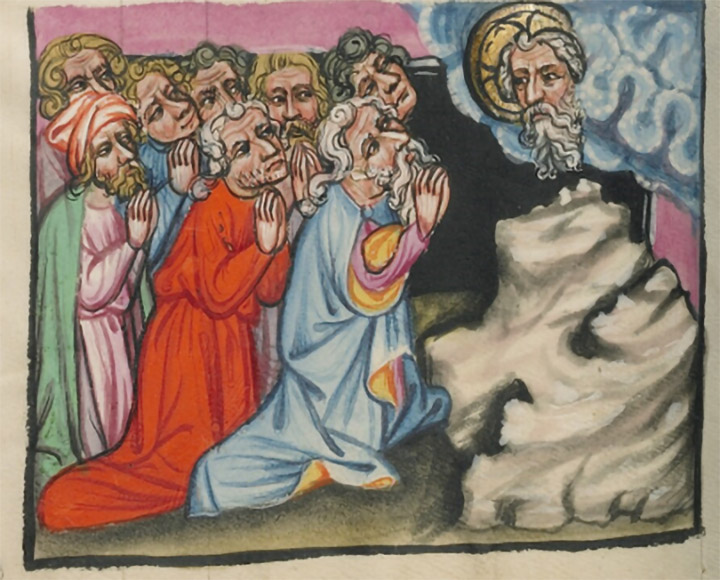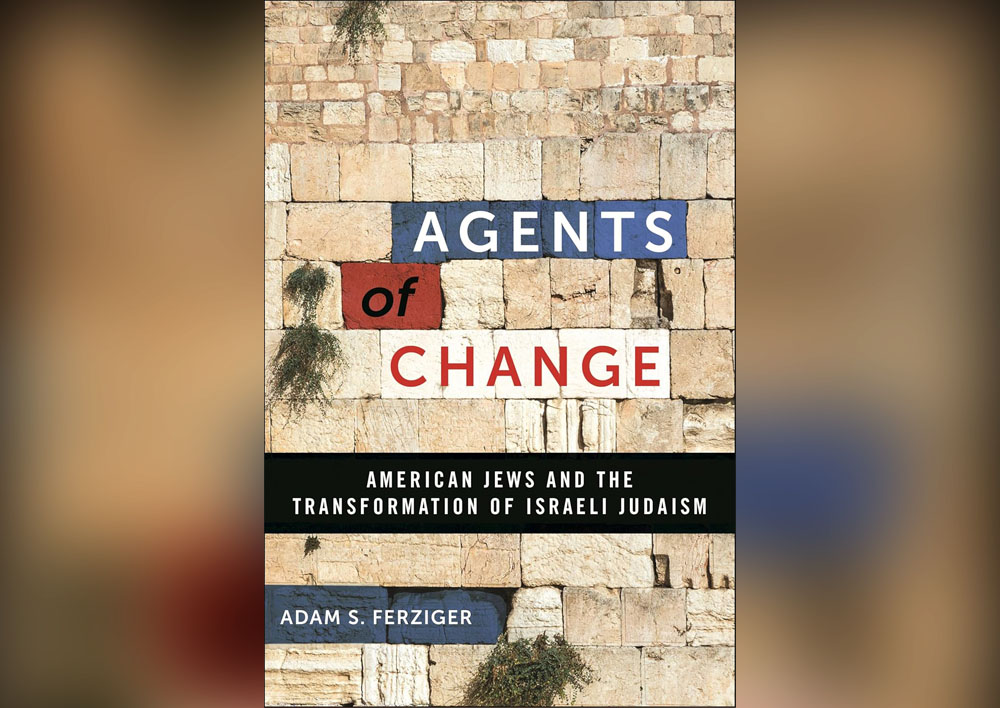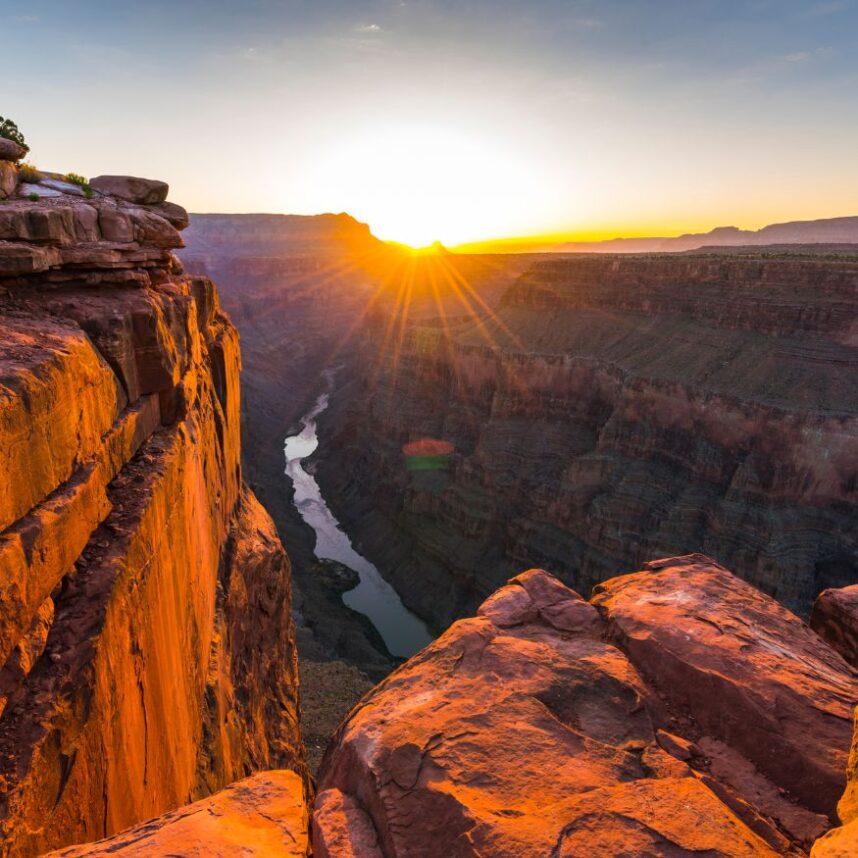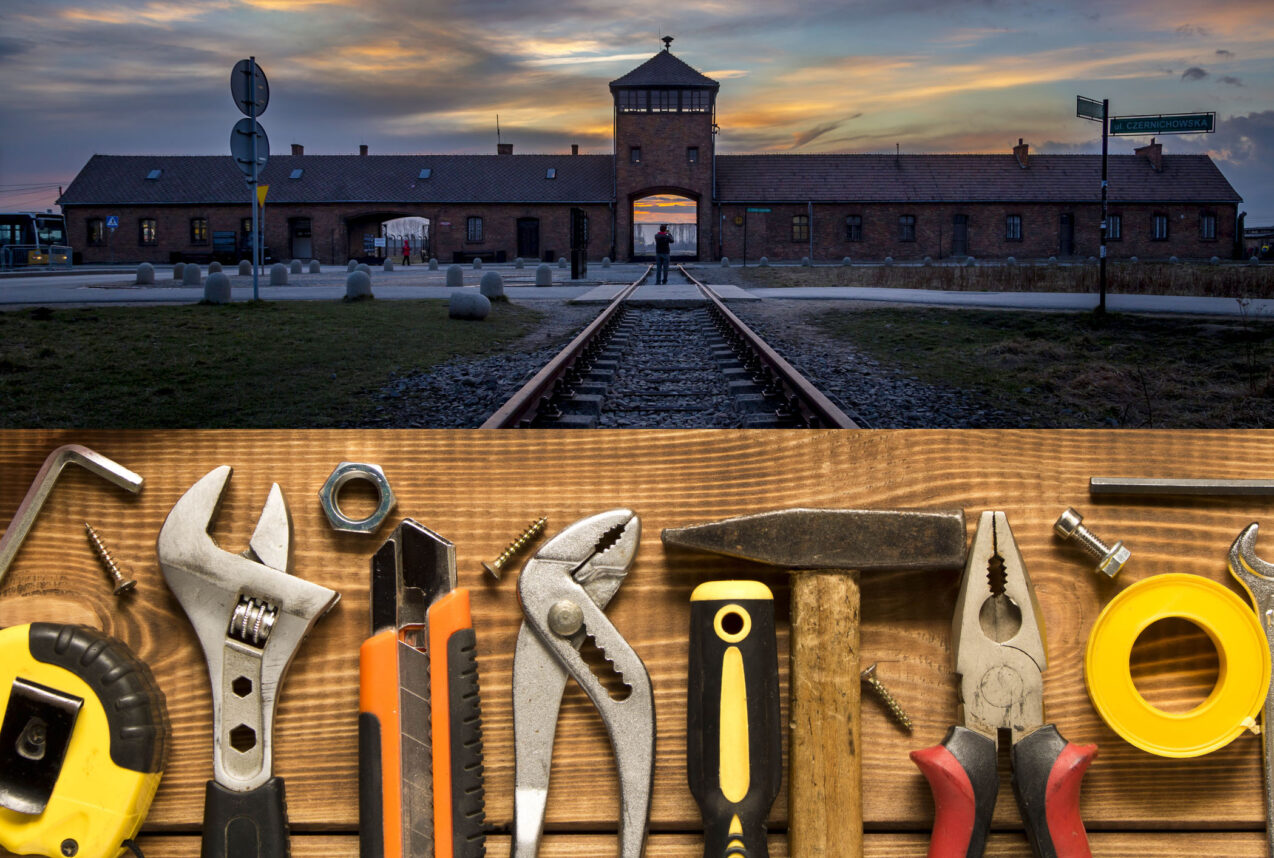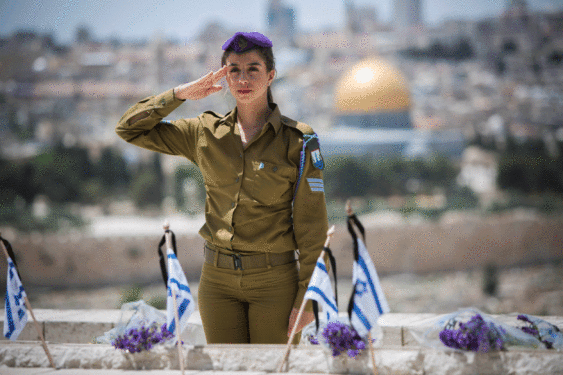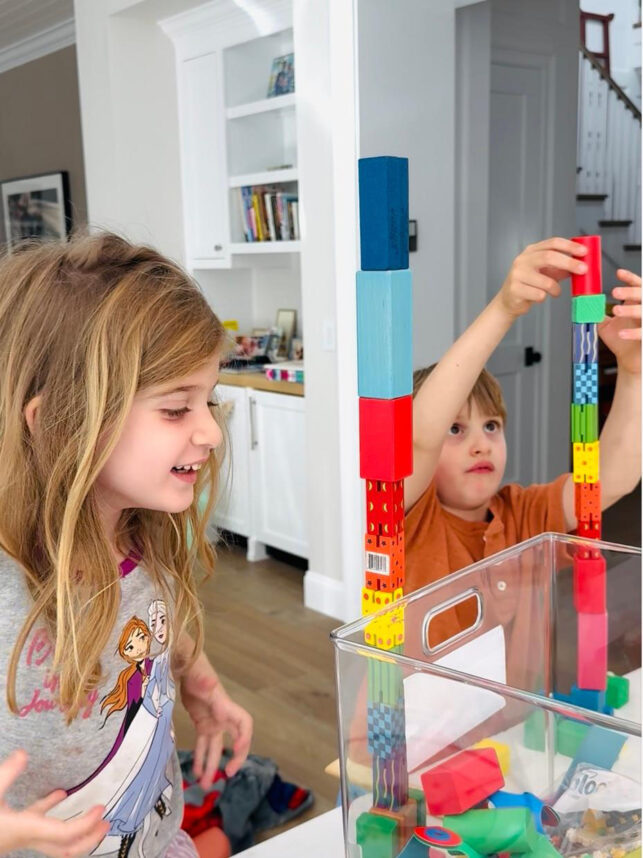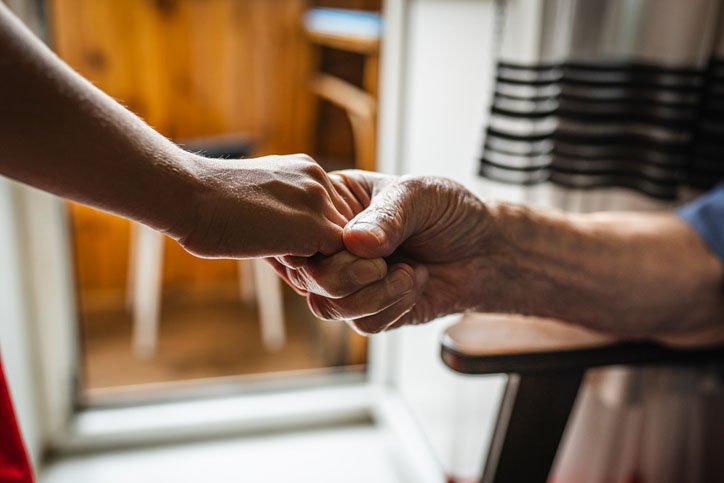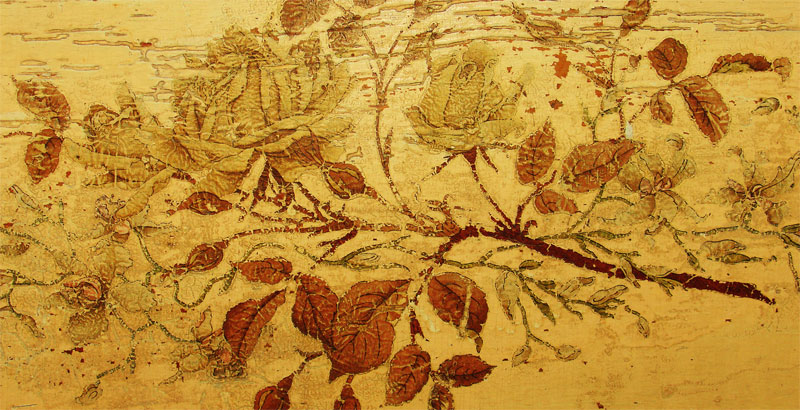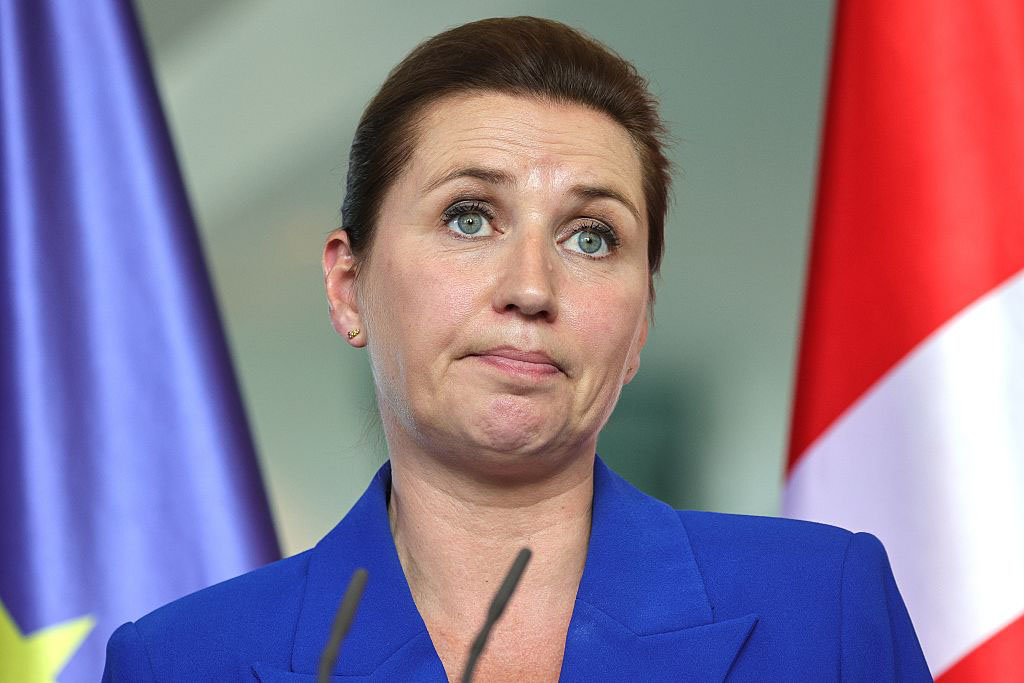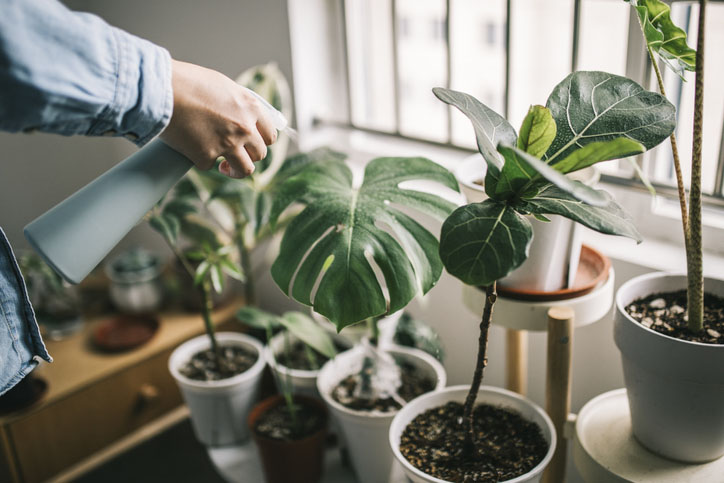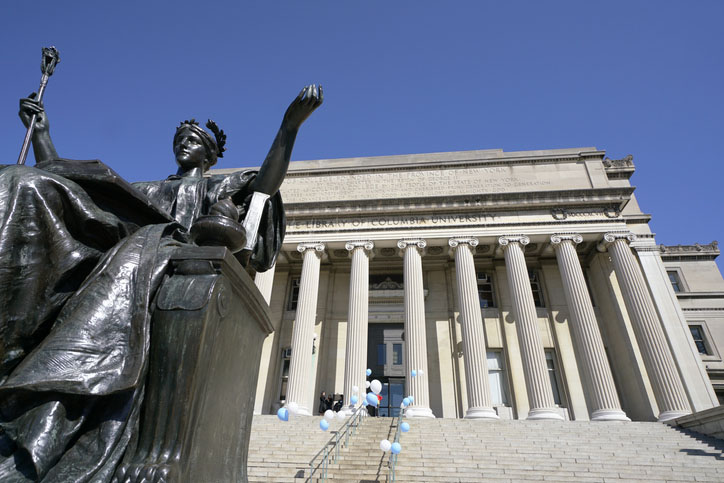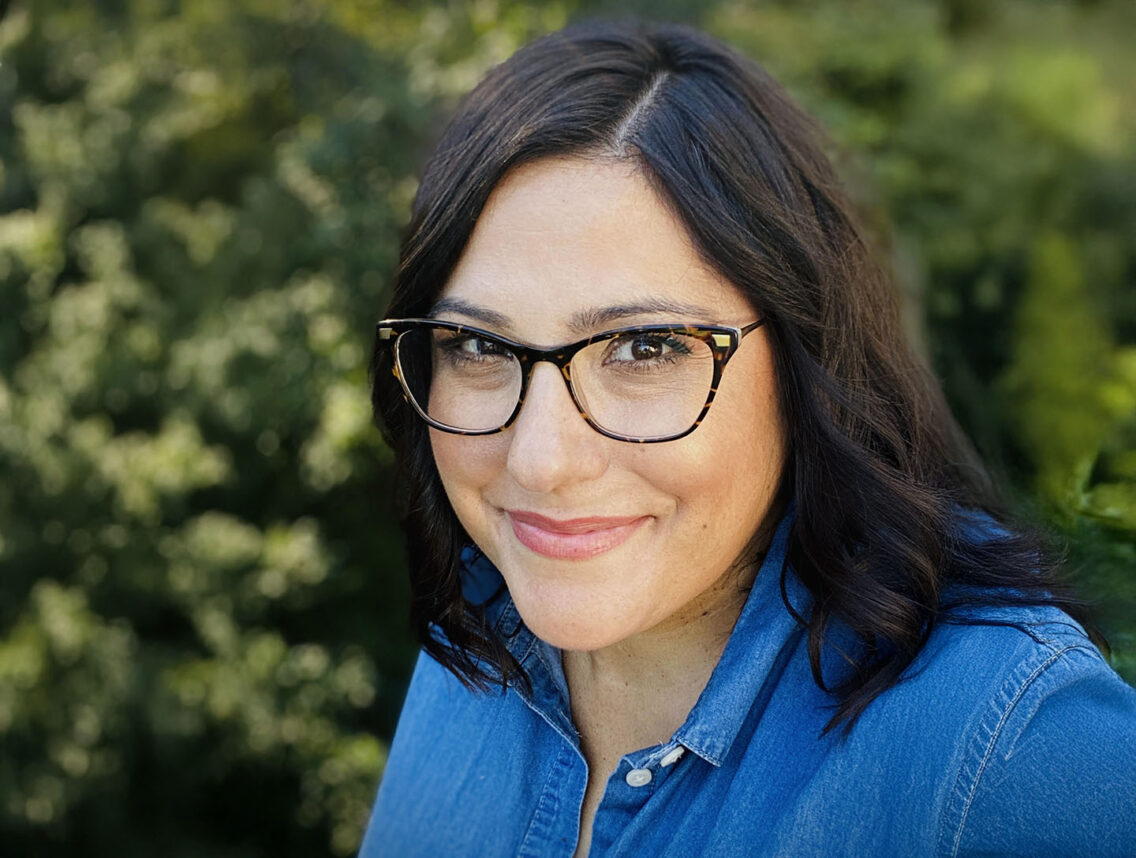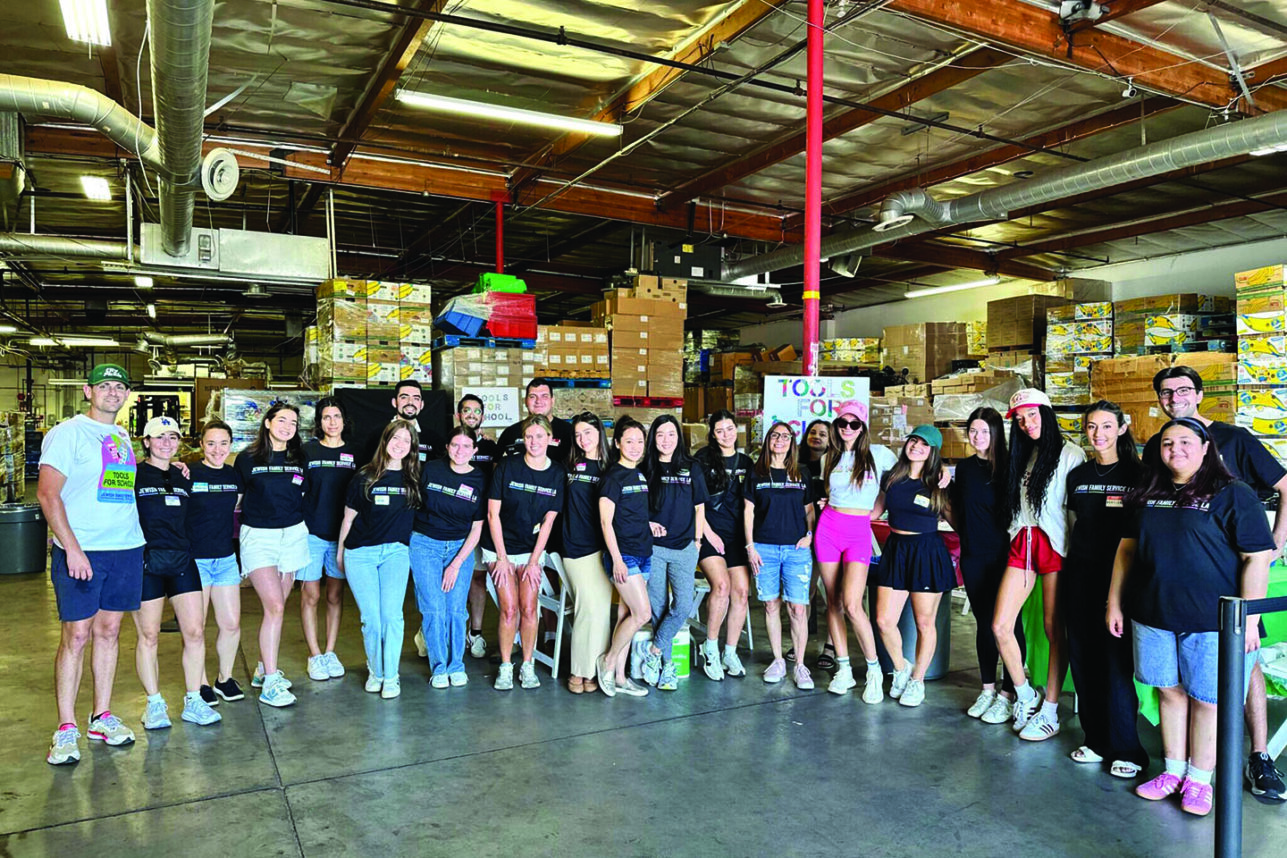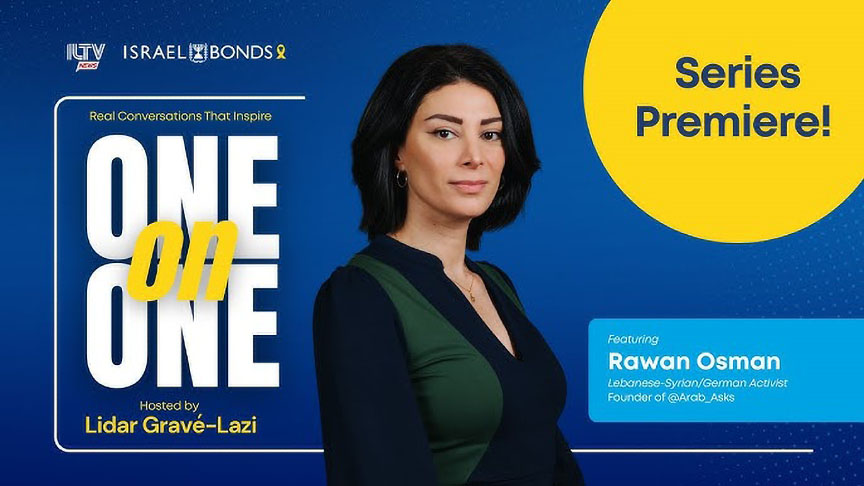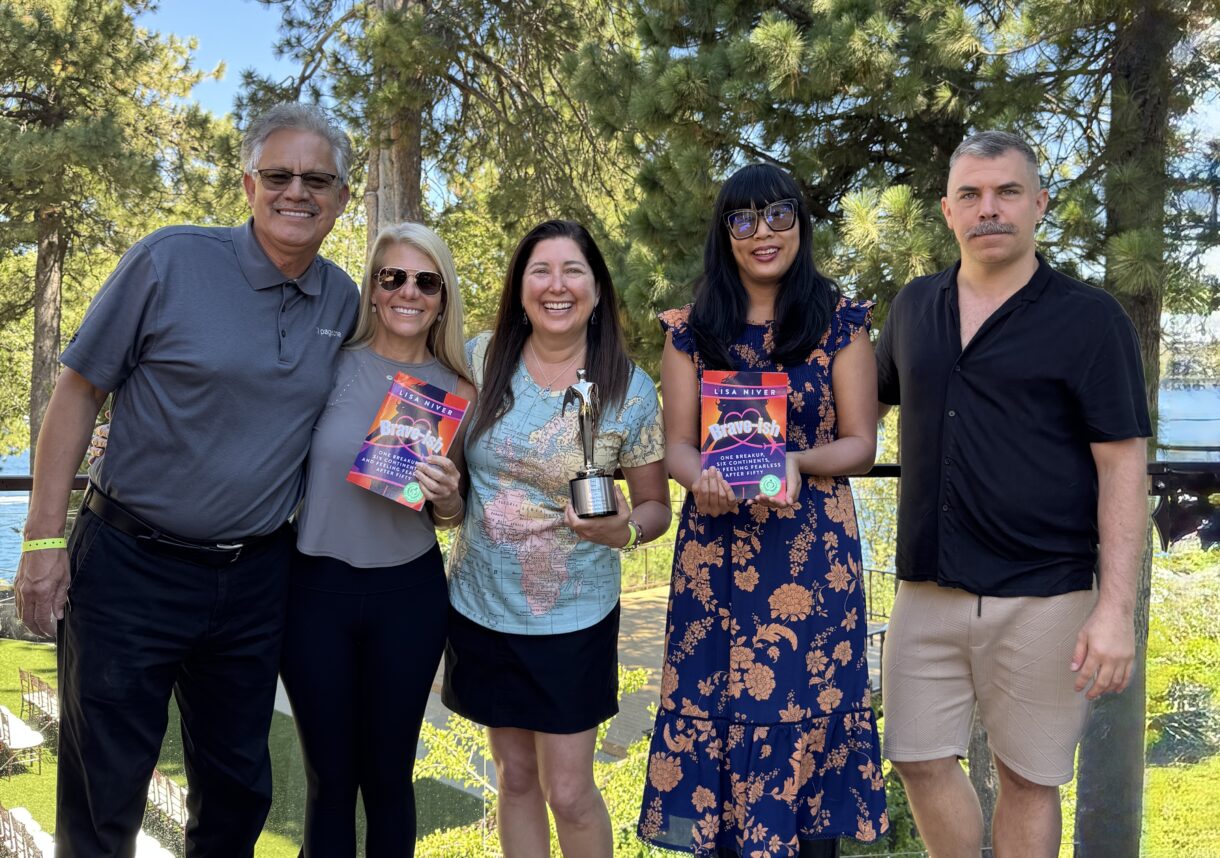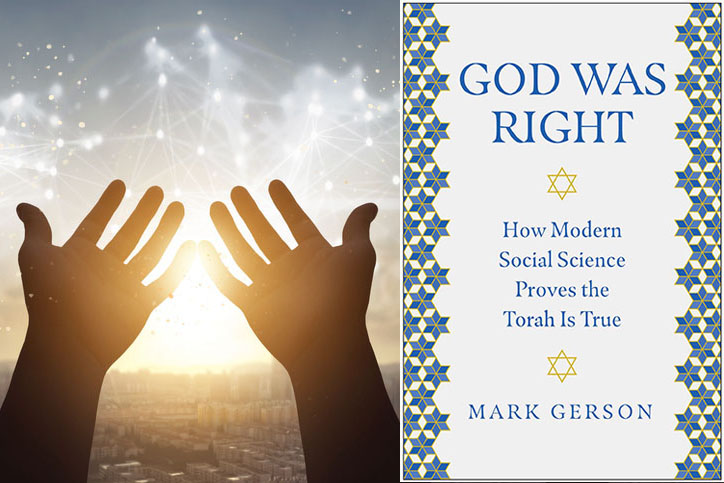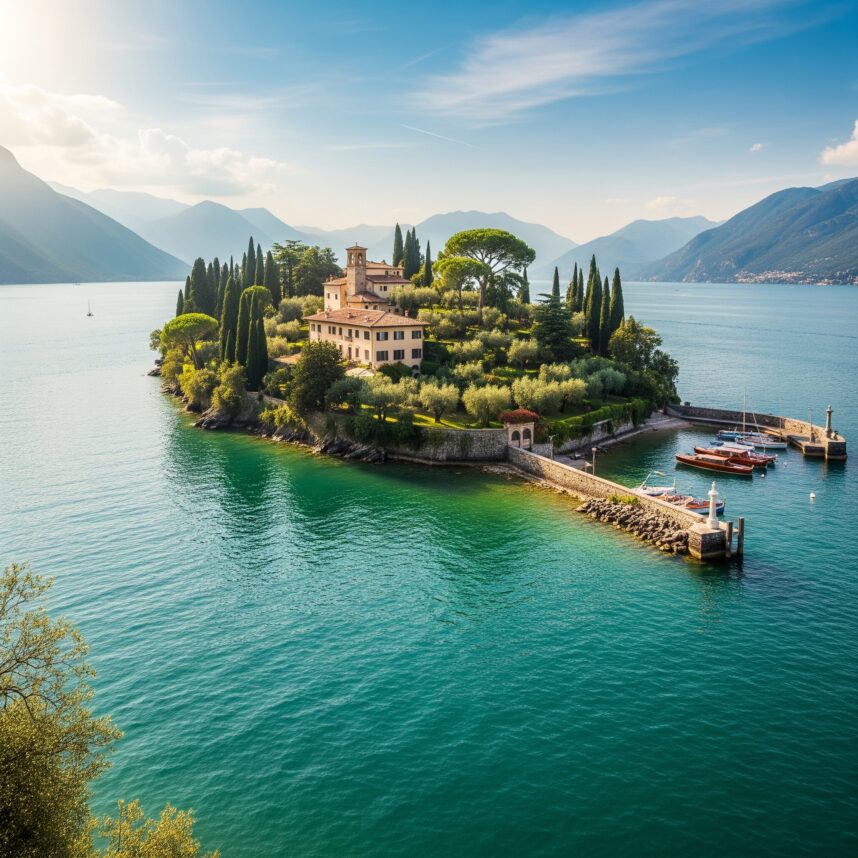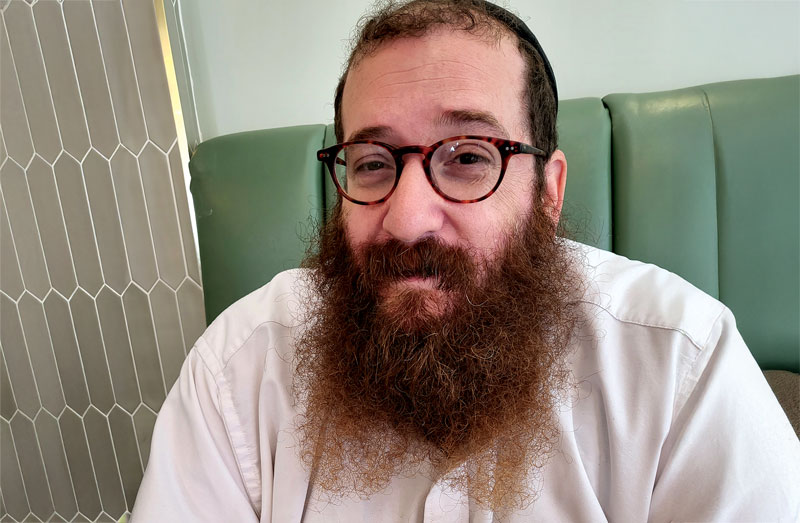
When asked to define himself, Rabbi Sholom Rodal, the voluble leader of the Chabad of Mt. Olympus limited himself to 32 words: “You have to do what works for you, your personal style, your capabilities. I am a people-person. I like talking, I like fabrengen, engaging. I like being haimish and not so formal.”
While this may not sound like a Chabad personality, he is part of a Chabad family. The second of 11 children, his brothers all became rabbis; his sisters all married rabbis. He grew up in Pittsburgh — the Lubavitcher Rebbe sent his parents there as shluchim (emissaries) to teach in the Chabad school there. “My parents had a list of 50 choices,” Rabbi Rodal said over breakfast one morning. “Pittsburgh was the last place. The Rebbe circled it. It was a perfect match. My father became an iconic teacher there.”
As a teenager, Rodal learned in four different countries and was ordained in Israel. “When you first come into Chabad,” Rabbi Rodal explained, “you want to do everything, and be everything to everyone. Then you realize the Rebbe gave us a mandate — every rebbe reaches the soul of every Yid to try to get them close to God and maximize their true calling.”
Around the same time the Rebbe sent the Rodals to Pittsburgh, he dispatched the parents of Rochela, Sholom’s future wife, to Los Angeles. The Rebbe told Rabbi Naftali Estulin that there would soon be a Russian Jewish community there.
The Russians started arriving in 1974. “My father-in-law was here with Rabbi Shlomo Cunin at that time,” Rodal said. “He set up shop a couple years later to be ready to accept these droves of immigrant Jewish families that just had the clothing on their backs. He gave them cradle-to-grave services.” A generation later, Sholom married Rochela. While Rabbi Rodal was growing up in Pennsylvania, the Russian Jewish community in Los Angeles was becoming successful. People started earning enough for a decent life; they moved up, both figuratively and literally, to the Hollywood Hills. So many Russians settled in Mt. Olympus it would become known as Russian Hill. “My father-in-law always wanted a presence there,” Rodal said. “The Chabad Russian Synagogue started dealing more with seniors while the younger generation moved to the Hills, the Valley and Beverly Hills. They wanted a satellite center to service them.”
Rabbi Rodal, married and the father of a newborn daughter, was an ideal fit for the picturesque Chabad of Mt. Olympus (CMO). He described the setting the way a realtor might. “We have a unique shul: all-glass, set in nature, in the foliage and fauna that is Laurel Canyon. Very beautiful.”
The community is now about 60% Russian, or as the rabbi carefully described, a sensitive segment of his shul “want to be known as ‘Russian-speaking Jews,’ not ‘Russian Jews.’” Talking about his congregation, Rabbi Rodel sounds like a doting father. “They are very warm Jews,” he said. “They will help people, and they love Israel.”
Over the last quarter-century, “we have influenced thousands of families and hundreds of young people who are now fully or partially observant,” the rabbi said. “We have a tefillin-selfie group. Every day we have 50 people posting pictures of themselves putting on tefillin to support and encourage each other. “We also have done adult britot on Russian-speaking Jews this past year. There have been a lot of breakthroughs.”
Those who know Rabbi Rodal will second his declaration that “we offer our heart and our soul. We are kind, patient and friendly. Personally, I am here for them. They can trust, and that is one reason we spend time together.”
How is this generation of Russians different from their elders? Rodal thought carefully and said, “I analyze this a lot because, personally, I am a chewer, an analyzer. I try to psychoanalyze. I think about it a lot.” They have, he said, “somewhat assimilated into the American culture. They also have retained a lot of the Russian-speaking culture. In many ways they are similar to their parents and grandparents, whom they love. But the main difference is that they are more engaged Jewishly. “They are more open. They still have some guardedness. They are somewhat guarded, having been assimilated for 40 years.” The newest Russian generation, Rodal said, is “very conservative politically, and very, very pro-Israel, more than American kids. They are also less assimilationist than American Jews.” But he loves working with them. “You have different types, the intellectual class (doctors and academics), then the machers or shvitzers (contractors, air conditioning people, tech people and appliance repair guys), and then you have the younger generation who are like everything. The young generation doesn’t fit these categories.”
Since moving in the late ‘90s, Rabbi Rodal has plunged into the history of the city with the pride of a 10th-generation Angeleno. He probably knows more about the history of Laurel Canyon than any lifelong resident. “Every summer, we have a Hike and Learn, a soul trek,” the rabbi said. “We’ve been doing it for 26 years. Sometimes we get 50 people, sometimes 10. We go into beautiful areas like Runyon Canyon, by us. We take a topic, and we just talk.”
“Every summer, we have a Hike and Learn, a soul trek,” the rabbi said. “We’ve been doing it for 26 years. Sometimes we get 50 people, sometimes 10. We go into beautiful areas like Runyon Canyon, by us. We take a topic, and we just talk.”
To summarize: “I love being with people, giving hugs and food.”
Fast Takes with Rabbi Rodal
Jewish Journal: Your favorite moment every Shabbat?
Rabbi Rodal: We have a special thing we do at Kiddush: When a new person comes in, one of our regulars gives a full introduction — from Sasha Baron Cohen to a regular Yid.
J.J.: The best nonreligious book you ever have read?
R.R.: Not so much the classics but I like more a fine analysis of a certain genre. I love Jonathan Sacks’ writing, especially his “The Letter and the Scroll.” I also was inspired by Elie Wiesel’s “Night,” and a lot of Holocaust books. Also “Tuesdays with Morrie.”
J.J.: Your favorite moment of relaxation?
R.R.: I love hiking. I love exploring the local region, especially tucked-away secrets.









